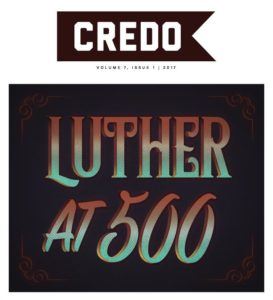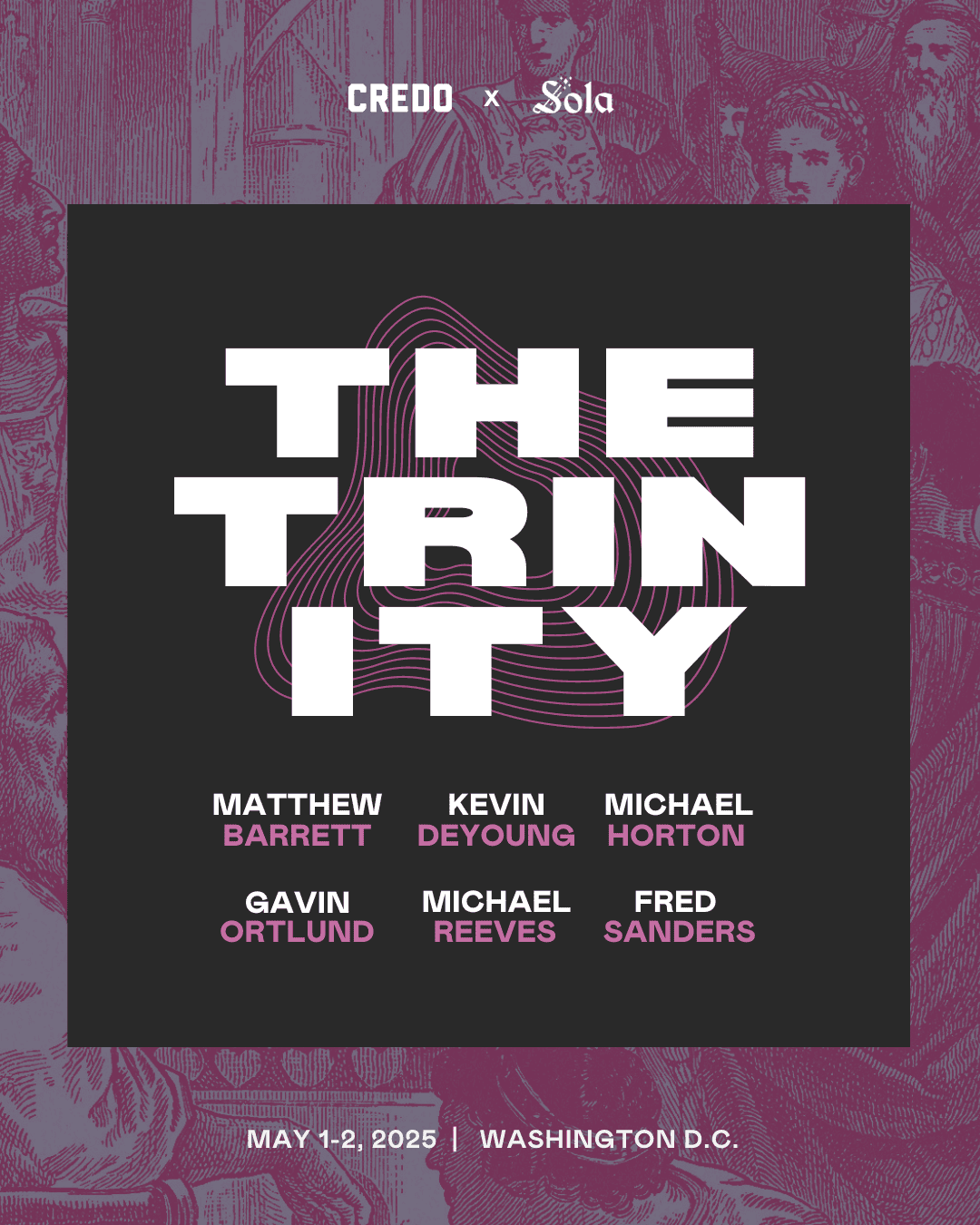
If you are unfamiliar with the events leading up to October 31, 1517, then Timothy J. Wengert’s brief introduction, Martin Luther’s 95 Theses with Introduction, Commentary, and Study Guide (Fortress Press, 2015),will prove to be a helpful and insightful guide. Wengert is a leading Luther scholar and the historical clarity and perceptivity he brings to this short account certainly is rewarding. I especially appreciated his clear definitions of indulgences, penance, purgatory, etc. And though brief, his short history of indulgences leading up to 1517 sheds illuminating light upon Luther’s growing frustration with their abuse.
I do wish Wengert would have devoted more space to Luther’s own crisis and conversion, especially as it relates to his lectures on the Psalms (1513-1515) and Romans (1515-1516); yet at the same time I understand that Wengert probably wanted to keep the focus on the 95 theses in particular. With that in mind, Wengert provides an overview of the theses, expositing the theology behind them, as well as providing a broad outline of them all. Furthermore, the theses themselves are included in the book with countless footnotes where Wengert explains what certain phrases mean, connects the theses to Luther’s other writings, cites scriptural references Luther may have had in mind, and much more.
I also appreciated the balance Wengert brought to the historical discussion. For example, I often see authors go out of their way to explain that the posting of the theses was merely an academic affair, utilizing the “bulletin board” to invite debate. That is certainly true and it helpfully avoids the sometimes popular caricature that Luther’s theses were dramatically posted with the town standing behind him. At the same time, I worry that scholars swing the pendulum too far. After all, there are signs that Luther’s theses were different, not necessarily for academic eyes alone.
Luther clearly composed the Ninety-Five Theses as theses for debate. Yet, when compared to other theses that he and other professors were composing at around the same time, the Ninety-Five Theses contain some turns that were decidedly not intended for classroom debate using logic and syllogisms. They have a far more rhetorical flare than one finds in other university theses, both before and after 1517. Indeed, it may help to consider this document as a mixture of logical argument and impassioned speech, as Luther addresses what he viewed as a looming pastoral and theological problem in the church. His defense of the Theses published in the summer of 1518 contains lengthy arguments, gleaned from Scripture, the church fathers, papal decrees, and canon law, and thus takes the form of an academic debate. But the Theses themselves, the letter to Albrecht, and the Sermon on Indulgences and Grace aim at both the head and the heart of the reader (although Luther would hardly have made the same distinction between the two that today’s readers do). [5]
Wengert is balanced in this historical observation and I hope it influences others to be just as balanced. On the one hand, we don’t want to overly dramatize the theses, infusing myth into the story. At the same time, there can be a tendency to remove Luther’s personality, his frustration and anger at the abuse he saw, as well as his intention not only that these theses hit academics over the head but that they move beyond the classroom, a point often denied or overlooked.
Finally, I really appreciate that Wengert took the effort to include at the end of the book Luther’s letter to Albrecht as well as Luther’s sermon on indulgences and grace. The theses themselves so often get all the attention, but the surrounding documents and the writings that immediately left Luther’s pen shortly thereafter prove to be extremely critical in the future development of Luther’s theology and eventual excommunication from Rome.
While I hope churchgoers will dig into longer books on the Reformation, this will be one of my top books to recommend to those just starting out. And given the study guide at the end, I imagine it is a book pastors could utilize in their church small groups as well.


